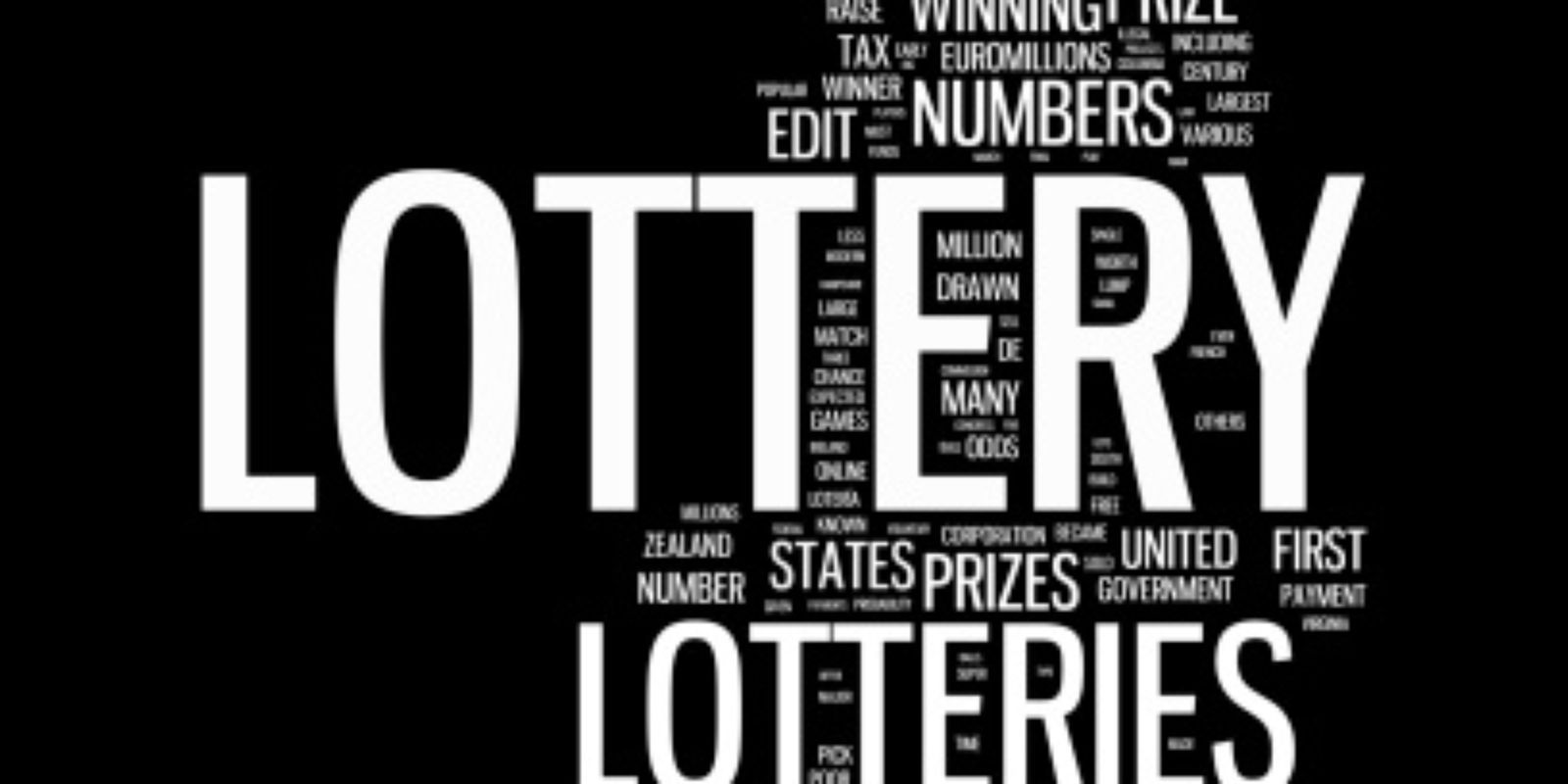Abstract
We conducted a representative survey of participants in Beijing car lottery. After controlling for the time of participation, whether winning a lottery or not is random. Exploiting this exogeneity, we find that winning the lottery makes people feel happier in general. Lottery winners believe they had a better luck in the car lottery, but the sense of more luck extends to other daily lottery events and even to a toss of a coin, showing clear evidence for misattribution and over-confidence. Winners are also more likely to perceive the car lottery as being fair, and the sense of just also extends to other lottery extents, like welfare housing lottery. However, winners are not more likely to vote for Beijing car lottery against Shanghai auction. Finally, as lottery winners are more likely to own a car, they are more likely to prefer free parking in a shopping mall even if this would raise prices. However, although winners drive more on road, they don't vote for more investment on roads than on subways. We also find that college education mediates the attitudinal bias.
About the Speaker
Prof. Fangwen Lu is an associate professor at Renmin University of China, who obtained a PhD degree from UC Berkeley in 2011. She uses randomized field experiment to explore challenges in development/labor economics. Prof. Lu has published in leading international journals, such as Management Science, Journal of Development Economics, Journal of Economic Behavior & Organization, Journal of Labor Economics, and Journal of Public Economics.



